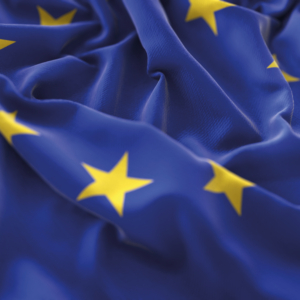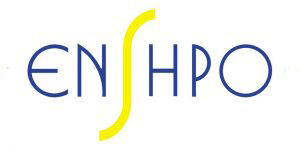New EU Council presidency programme: what’s in store for OSH?
 The rotating trio presidency of the EU Council, this time comprising Poland, Denmark, and Cyprus, has kicked off its 18-month journey with the publication of a strategic agenda. Grounded in the EU’s overarching vision for 2024-2029, the trio’s programme is structured around three fundamental pillars: ‘A strong and secure Europe’, ‘A prosperous and competitive Europe’, and ‘A free and democratic Europe’. Each of these pillars address, respectively, such issues as security and resilience, the twin green and digital transitions, and EU values concerning democracy and human rights.
The rotating trio presidency of the EU Council, this time comprising Poland, Denmark, and Cyprus, has kicked off its 18-month journey with the publication of a strategic agenda. Grounded in the EU’s overarching vision for 2024-2029, the trio’s programme is structured around three fundamental pillars: ‘A strong and secure Europe’, ‘A prosperous and competitive Europe’, and ‘A free and democratic Europe’. Each of these pillars address, respectively, such issues as security and resilience, the twin green and digital transitions, and EU values concerning democracy and human rights.
This programme holds many points of significance to occupational health. A key stated objective of the work on the twin transitions will be ensuring that these transitions enhance workplace safety rather than compromise it. Addressing labour and skills shortages through investment in education, lifelong learning and training will also be a priority, particularly in high-risk sectors where proper safety training is essential. Additionally, policies supporting mental health in the workplace and ergonomic improvements aim to contribute to a healthier workforce.
Occupational health and safety is, furthermore, a vital element of any commitment to democracy and human rights. All workers, regardless of industry or background, should be ensured access to safe, fair and non-discriminatory working conditions. In this regard, the trio programme places a special focus on combating gender-based violence, hate speech, xenophobia, discrimination based on religion or belief, and a full implementation of the Women, Peace and Security agenda.
Poland is the first of the countries to lead the EU Council Presidency, from January to June 2025, and it will focus on employment, social affairs, and equality under three overarching themes.
The future of work in digital Europe
Poland will spearhead discussions on protecting workers in an increasingly digital and automated economy. Key focus areas include AI regulation in the workplace, teleworking rights, and ensuring a balanced work-life dynamic through the right to disconnect. It has also committed to advancing the EU Strategic Framework on Health and Safety at Work (2021-2027) and fostering social economy initiatives within the digital transformation landscape. Additionally, particular attention will be given to the impact of automation on workplace safety, ensuring that digital advancements do not lead to an erosion of worker protections.
A Europe of equality, cohesion, and inclusion
The Polish Presidency has stated its intent to champion inclusivity and prioritise support for vulnerable groups, including persons with disabilities, NEETs (not in education, employment, or training), and migrants. Measures have been promised to strengthen anti-discrimination frameworks, promote gender equality, and combat gender-based violence. The Presidency will also contribute to the 2025 review of the European Pillar of Social Rights Action Plan and work towards adopting the draft Directive on Equal Treatment. Notably, a Trio Declaration on Gender Equality is set to be signed in April 2025, reinforcing commitments to workplace safety and fair treatment.
Responding to the challenges of the ‘silver transformation’
Demographic change, particularly population ageing, is one of the most pressing challenges facing the EU today. Under the priority ‘Europe responding to the challenges of the silver transformation’, the Polish Presidency has placed significant emphasis on policies that address the realities of an aging population, which it says will focus on fostering conditions for dignified and healthy ageing while ensuring that the fundamental rights of elderly citizens are upheld. The Presidency will be advocating for policies that promote the active participation of senior citizens in the labour market.




